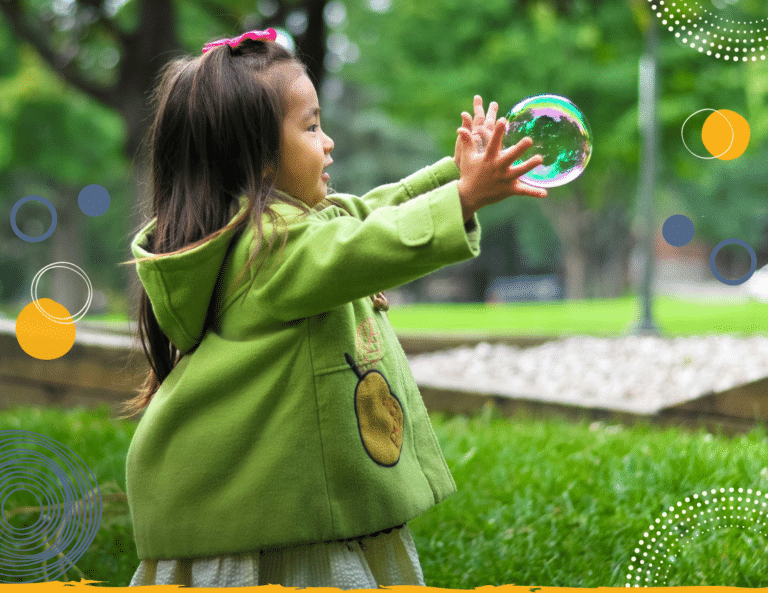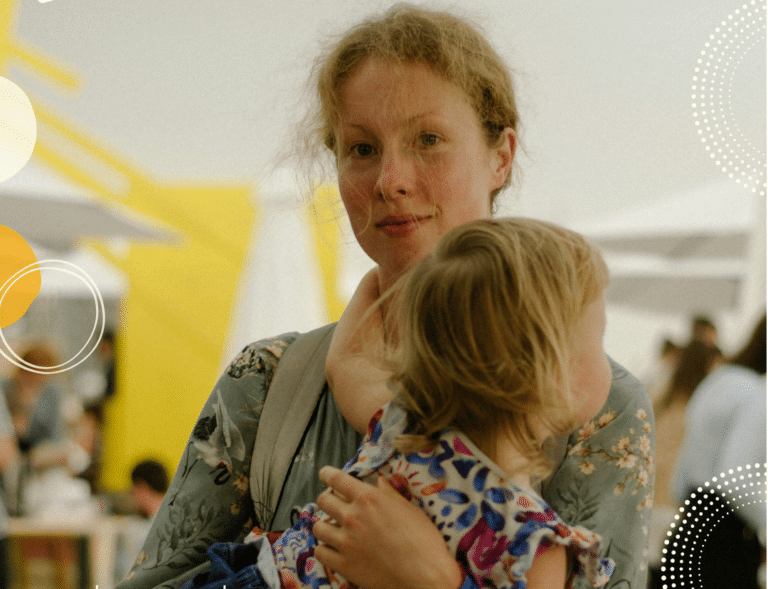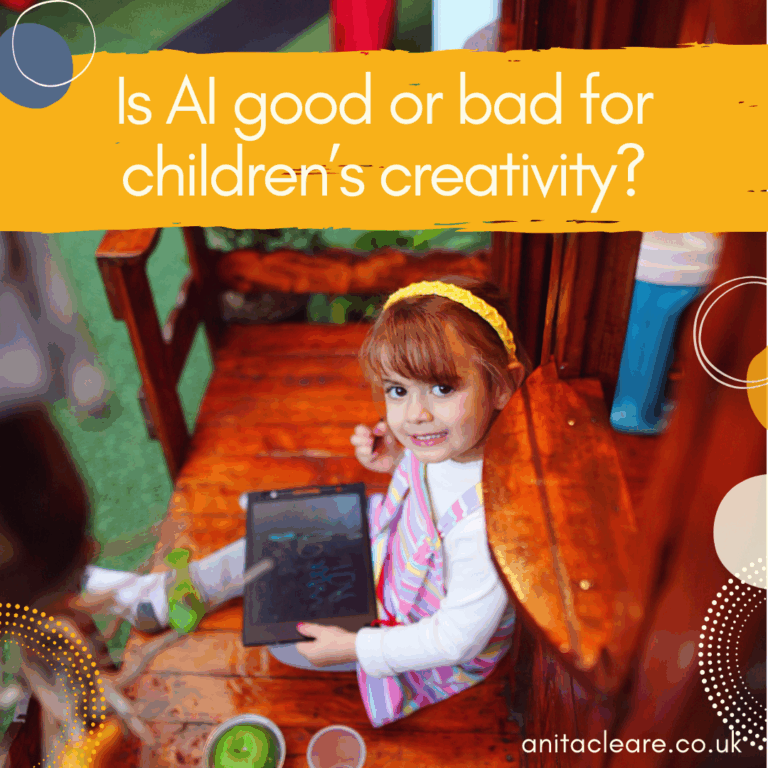How play helps children’s mental health
Play helps children’s mental health in a huge variety of ways. Yet, it is seldom the first thing we think about when it comes to supporting children’s mental or emotional wellbeing. This might be because we often interpret the phrase ‘mental health’ to mean ‘poor mental health’.
When we think about parenting strategies for children’s mental health, we usually think about how parents can use good listening skills for emotion coaching, and how we can build children’s self-esteem and support their emotional regulation. All of these are certainly helpful. However, one of the most important ways parents can nurture children’s mental and emotional health is by supporting their play.
Play helps children’s mental health both when their mental health is challenged (by providing nurturing, regulating and positive experiences) but also preventatively (by supporting learning experiences which support positive mental health).
It is through play that children learn about the world, the people in it and themselves. By exploring through play, children develop lifelong skills and competencies and lay down neurological pathways in their brains. From birth all the way through to the end of the teenage years, children develop vital social and emotional skills through playful interactions (with you, with others, and with the world around them).
Good play experiences build children’s resilience. Through watching, listening and interacting in play, children learn to rise to challenges, deal with frustration, interact with others and develop problem-solving and coping skills.
How play helps children’s mental health
Play is the ‘work’ of childhood. Through it, children:
- make sense of the world and build their brains (and bodies)
- learn to recognise, express and manage their emotions
- learn social and friendship skills, such as negotiation and co-operation
- develop empathy and caring skills, including how to recognise emotions in others and how to support others’ emotions and fix their mistakes (repair)
- learn how to control frustration, rise to challenges and keep going in the face of setbacks (all essential for resilience)
- boost their own wellbeing by finding things they enjoy, having fun and going with the flow of the present moment
How parents can support play experiences
One of the most important things parents can do to encourage play is to make time for it. That means not overscheduling, allowing lots of downtime, turning off tech and allowing children to be bored. Boredom is the lull before great play ideas appear!
We can also provide stimulating environments (not just toys – a walk in the woods, a rummage in the kitchen cupboards, and sitting bare-legged on grass would all count as stimulating environments), and allow children opportunities to interact with these on their own terms.
Babies and younger children need frequent engagement from adults to support their play. Adults can be helpful play partners by observing children closely to tune into their signals and following their lead. Finding play activities that both you and your child enjoy, will create mutuality and support positive interactions (as well as supporting your own wellbeing – see Why play is good for parents too).
How to support your child’s mental health through play
- Put limits around tech time so that children have lots of opportunities for play and plenty of downtime for creating their own play ideas and managing their own wishes and feelings.
- Encourage friendships and provide lots of opportunities for practising social skills.
- If children become frustrated, or if tensions arise in play, allow children an opportunity to manage this independently. Don’t step in to resolve challenges too early (unless someone is going to get hurt, of course!) and allow children an opportunity to learn from their mistakes.
- Let children take healthy risks in play.
- Talk about emotions and feelings during play. This might be during role play, or when using perspective taking toys (like action figures) or nurturing toys (like cuddly toys). When reading books together, talk about characters’ emotions (see our short video demonstration on how to do this).
- Have fun with your child. When we have fun with children this sends powerful signals to children that they are liked, loved and valued (which is fantastic for boosting self-esteem).
Play helps children’s mental health in a huge variety of ways. Having lots of opportunities to play is essential for children’s wellbeing (present and future) and parents need to protect and facilitate good quality play experiences as much as we possibly can.
Read next:







Leave a Reply